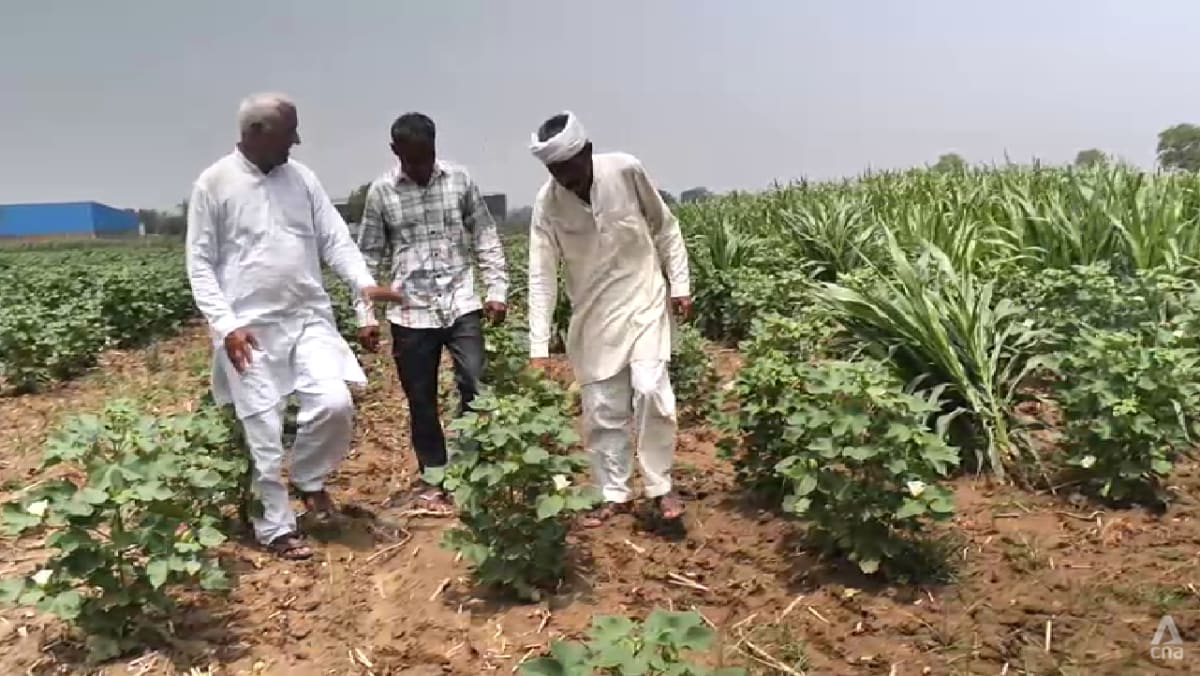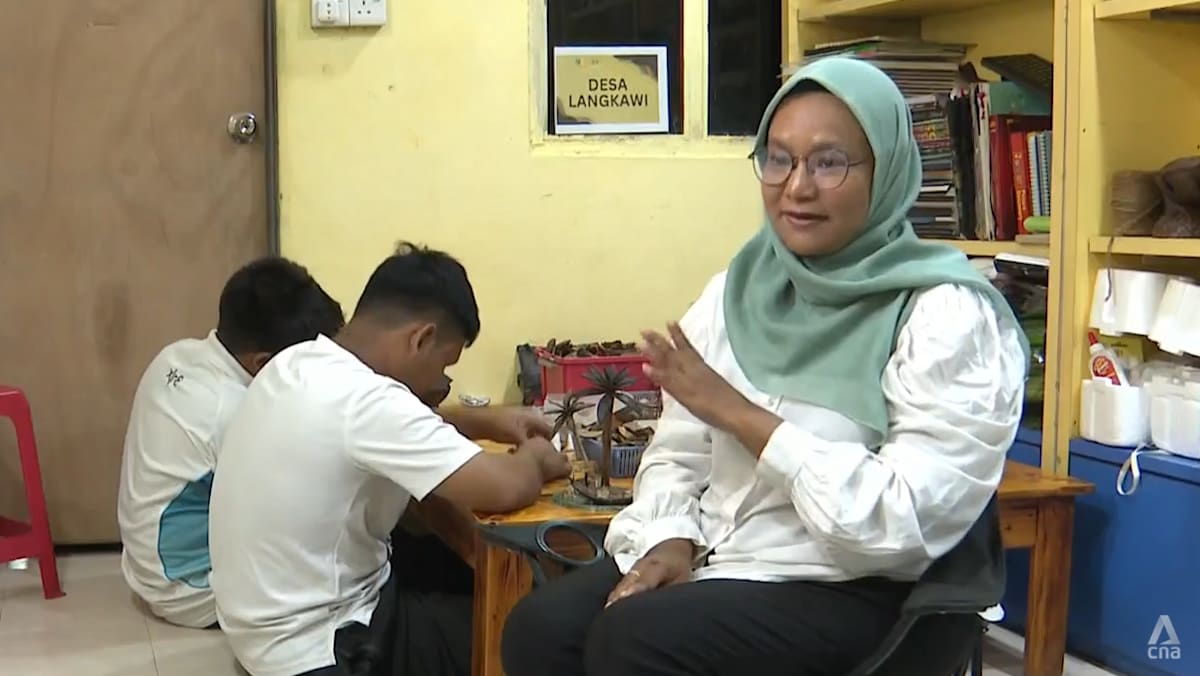HARYANA, India: Farmer Mahendra Singh has been growing genetically modified cotton – known as BT cotton – for the past 15 years in the northern Indian state of Haryana.
The genetically modified variety was designed to resist pests, he said.
“The BT seeds that were first given to us were excellent,” he added. “The results were amazing. We had great yield. We got a good price when we sold it and we didn’t even have to spray insecticides.”
But the situation has changed.
Pink bollworms, which have developed resistance to the genetically modified cotton seed and can decimate cotton yield, now threaten his crops. To protect them, Singh relies heavily on pesticides.
“It’s expensive to keep spraying the crop,” he said.
“It’s why we had stopped planting local varieties of cotton. It’s particularly hard in the summer months to haul litres of pesticide into the field.”
Currently, more than 96 per cent of cotton sown in India is BT cotton. While the variety initially delivered higher yields, output has been declining for years.
Farmers told CNA that extreme heat and erratic rainfall have worsened pest outbreaks. They added that BT cotton seeds have been unable to adapt to changing climatic conditions.













